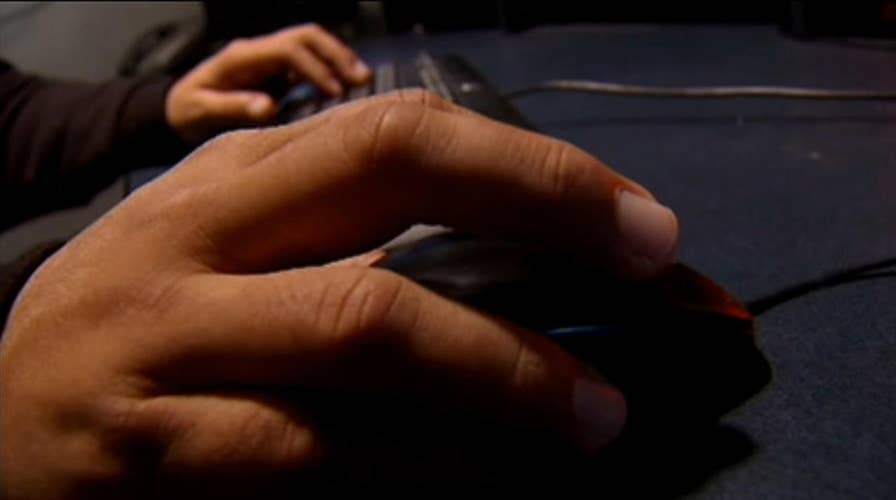What is net neutrality?
A vote by the Federal Communications Commission on December 14, 2017 will decide the fate of net neutrality. But what is it?
Steve Wozniak and other tech pioneers are trolling the FCC's efforts to end net neutrality with a new letter that says, "You don't understand how the internet works."
Internet founders including Tim Berners-Lee and Vint Cerf are among the 21 people who signed Monday's letter, which calls on Congress to cancel the upcoming net neutrality vote.
Repealing the net neutrality rules represent an "imminent threat to the internet we worked so hard to create," the pioneers say in their letter.
The FCC is scheduled to end the protections on Thursday in what will likely be a partisan 3-2 vote. However, supporters of net neutrality have been staging protests and urging Congress to intervene.
More From PCmag
The tech pioneers are joining those calls, and say the upcoming vote will dismantle 15 years of oversight relating to internet service providers.
The protections at stake prevent ISPs from blocking content and throttling internet speeds to the detriment of consumers, the tech pioneers say. Their letter goes on to claim the FCC has a "flawed and factually inaccurate understanding" of internet technology, including what ISPs can actually do.
These flaws were highlighted in a 43-page document signed by over 200 tech experts back in July, but which the FCC chose to overlook.
The tech pioneers also take issue with the flood of online comments the FCC has received regarding net neutrality, but has never considered. Nor has the FCC held a single open meeting for the public to discuss the upcoming repeal.
Monday's letter was cc'd to the FCC, but primarily addressed to leaders of congressional subcommittees covering communications and technology.
The FCC hasn't commented on the letter so far. But on Monday, it did announce an agreement with the US Federal Trade Commission to crack down on ISPs who block content or throttle internet speeds without making consumers aware of it.
"Instead of saddling the Internet with heavy-handed regulations, we will work together to take targeted action against bad actors," FCC Chairman Ajit Pai said in a statement.
This article originally appeared on PCMag.com.

